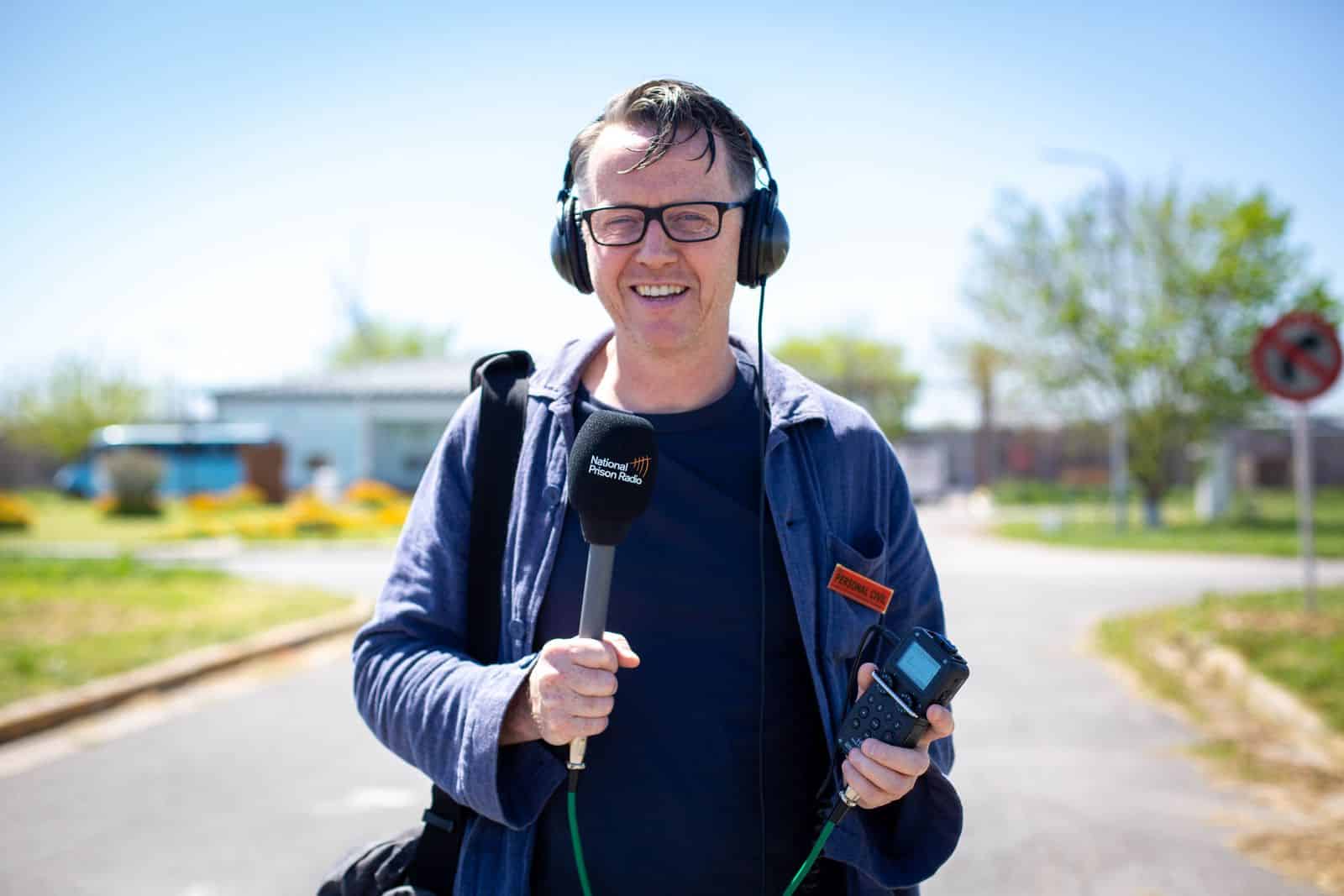
Prison Radio International supports radio projects around the world that work with people who are, or have been, in prison.
As the organisation behind National Prison Radio, our expertise is in high demand globally. Increasingly governments, NGOs and individuals across the world are looking to us for advice, support, collaboration and coordination. However, we understand that the best work globally will only be done by listening to the voices on the ground in different countries through creating truly global networks of support and collaboration.
Recently, we conducted a global prison radio survey for people around the world to tell us about the work they are doing or are planning to do, and to help us learn about the ways Prison Radio International can best support and promote this work.

The main goals for this survey were:
– To map out prison radio projects globally: where are they and what do they do?
– To find out how the individual projects work, and how the organisations running these projects would like us to all work together.
– To use the findings to help set the strategic aims for Prison Radio International.
What did the survey ask?
Before distribution the survey was tested by people in different countries, speaking different languages. It was distributed using email, social media and on the Prison Radio International website page.
The questions asked fall into the below categories:
– Background information on the project including demographics, social media, type of organisation.
– How and where the audio is listened to, created and transmitted.
– Who works on the project.
– The content broadcast.
– Financial information.
– Aims, achievements and challenges of the project and how Prison Radio International can help.

What did we find?
We have received 53 responses from 48 different radio projects from across the world.
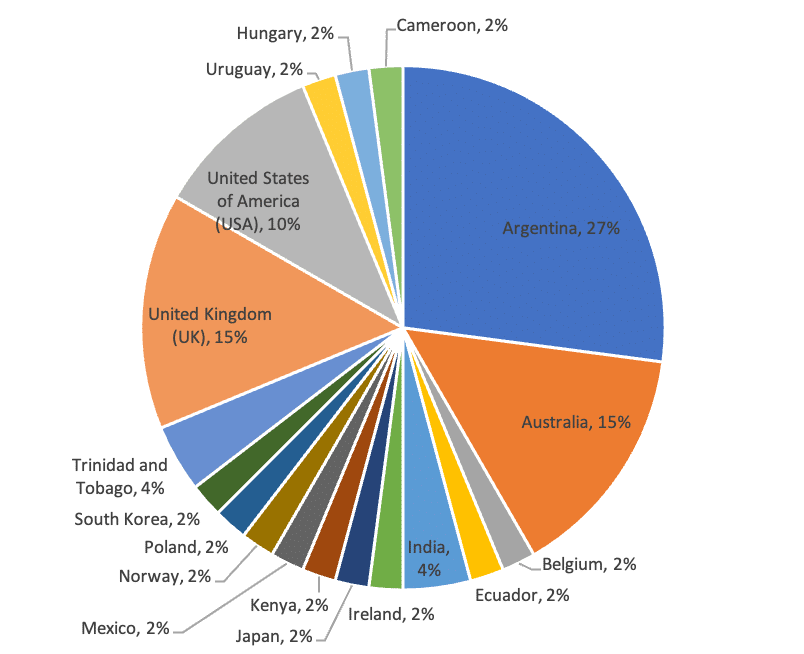
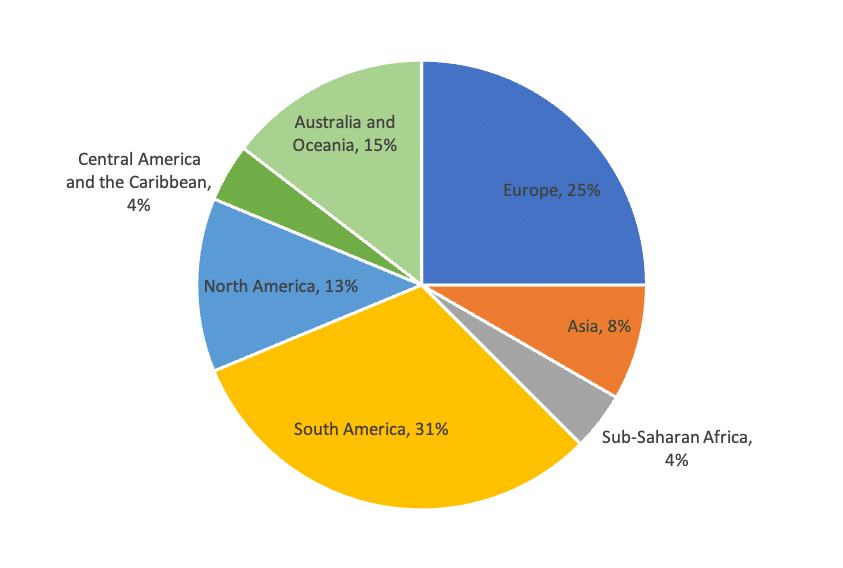
We asked what the main aims were for people’s radio projects and these were the aims that were aligned across countries:
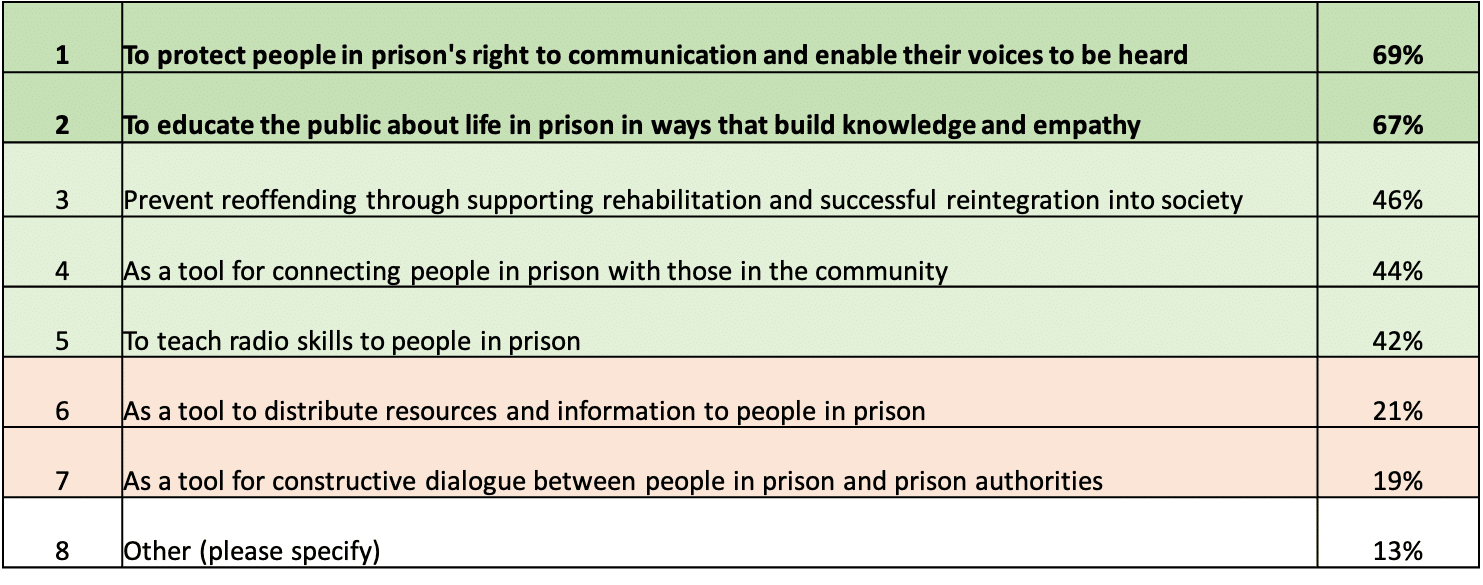
We also asked if their radio project was physically located within a prison, 61% said yes, 31% said no.
– 85% said people with lived experience work on their radio projects, with 67% employing those currently serving a sentence in prison.
– Audio is mainly transmitted publicly and most projects produce one programme a week.
– The majority of the radio projects rely on volunteers (if you exclude the UK).
– The average annual budget varies greatly between countries and projects.
– The majority of organisations are either charities/non-profits/NGOs or part of education institutions. However the type of organisation varies between countries. For example, the majority of South America’s projects are part of education institutions, however Europe’s are mainly charities.
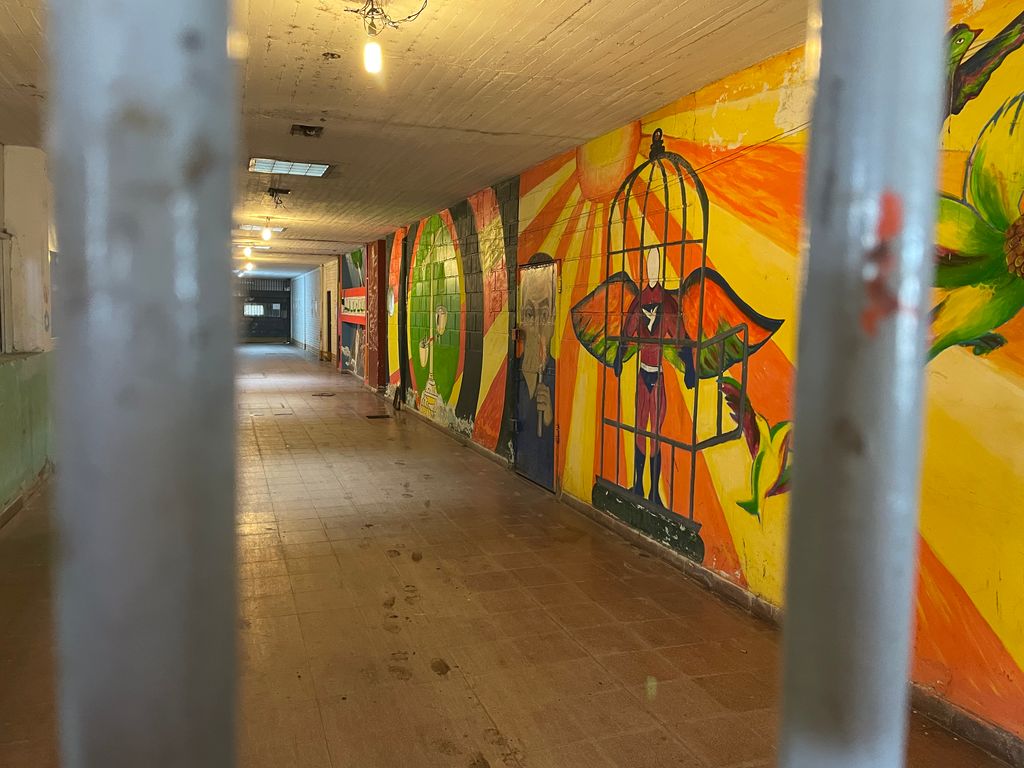
What were the main challenges the radio projects faced?
– Sustainability due to lack of funding, resources and political factors.
– Growing an audience.
– The challenges that come with working within a prison environment e.g. safety, prison approval, slow action, access, censorship.
– The projects in Argentina also identified lack of training as a challenge.

The main support needs identified are around building connections, sharing best practices and fundraising.
We identified the potential for evaluation support through shared tools and methods.
Almost half the projects have been started in the last 5 years so there is a lot of potential to assist with growth and sustainability by sharing ideas; see below:
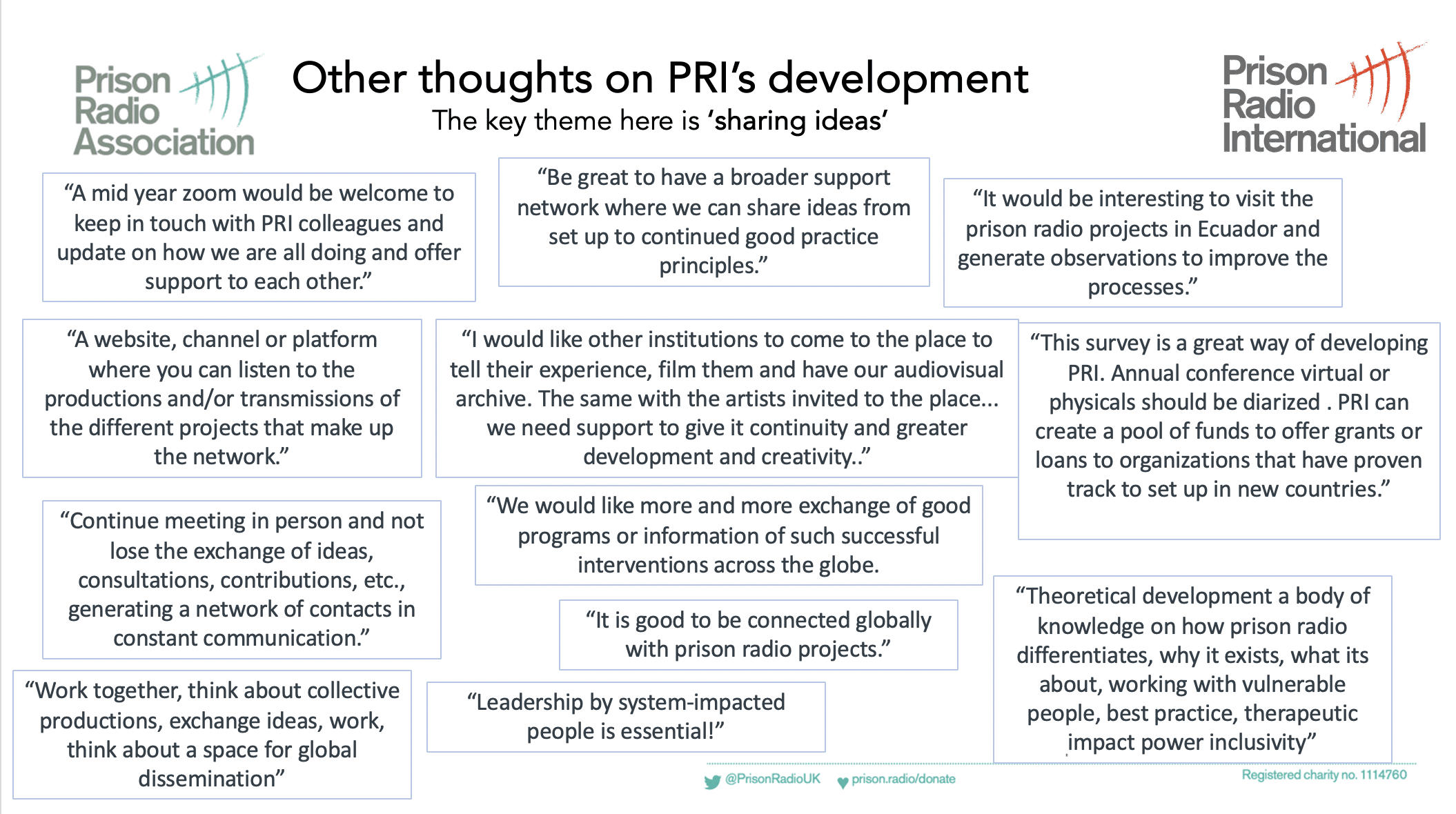
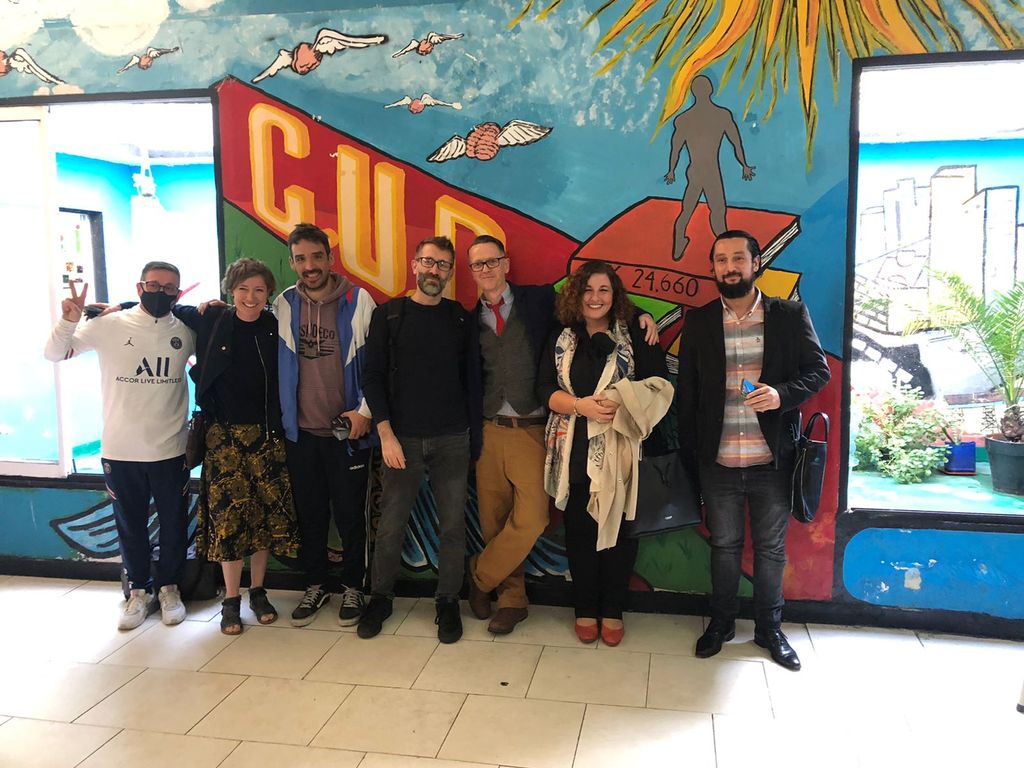
Summary:
– The main challenges are around sustainability, funding, growing an audience and the challenges of working in a prison environment.
– The main support needs identified are around building connections, sharing best practices/ideas and fundraising.
– There is potential for support in areas such as evaluation and expansion by sharing information/ideas and individual project experiences.
– We now have a greater awareness of prison radio projects globally and a network of contacts that we can use to build and strengthen this area of our work.
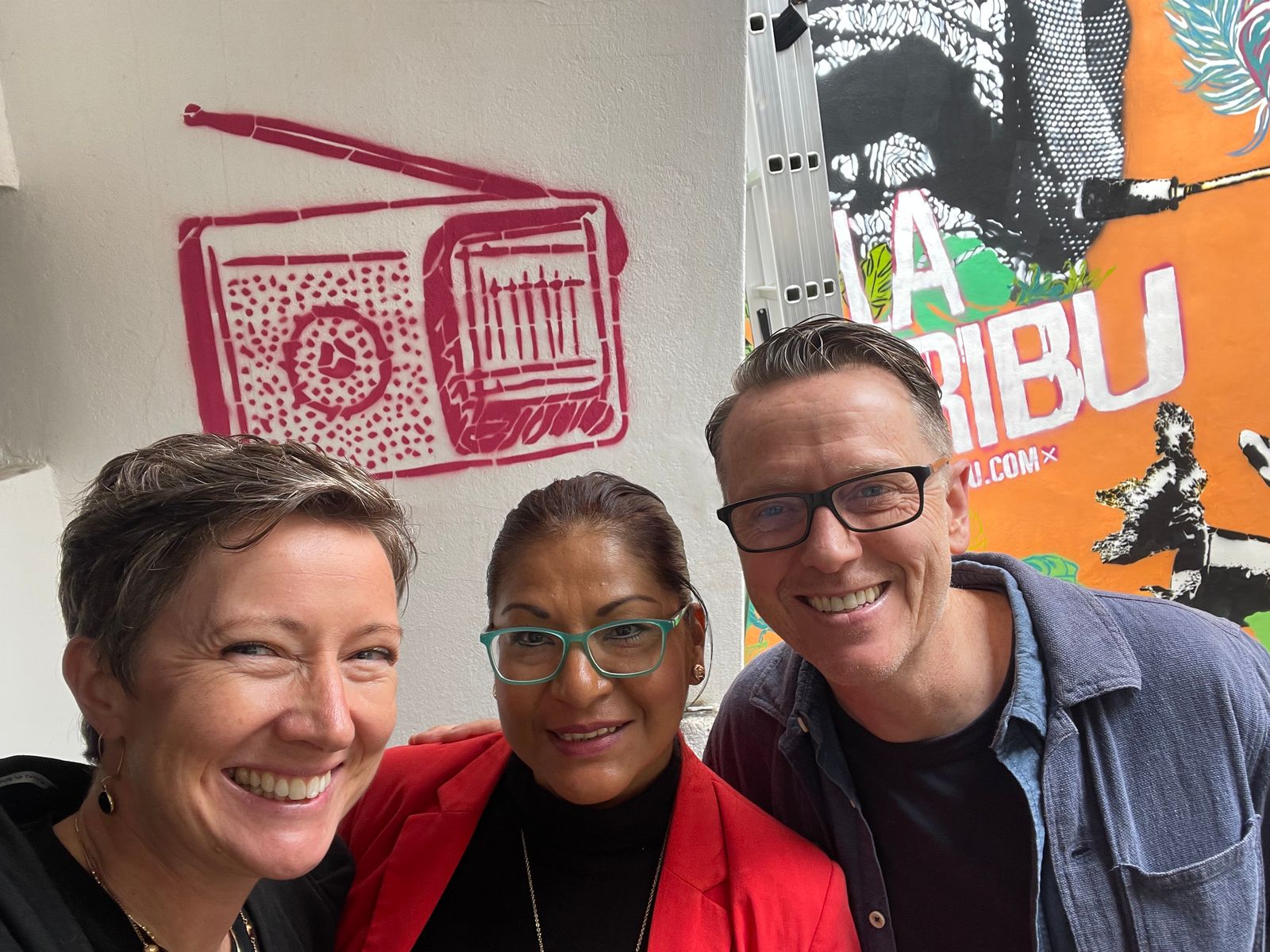
We know that quality prison radio improves and even saves the lives of people in prison. We know it provides a lifeline of communication for the loved ones of people in prison. We know that is can play a pivotal role in contributing to a more informed public dialogue about how we respond to criminal harm. We know prison radio – done well – gives incarcerated people agency. It plays an important role in humanising people living in prisons. It can create meaningful dialogue between those running prisons and those living in them. It can help incarcerated people to influence how prisons are run.
Through supporting effective prison radio development, we want to see more effective prisons; better equipped to help people cope with incarceration and life after release.
You can read Prison Radio International’s latest visits across the globe to Latin America and Japan.
The Prison Radio Association is a registered charity. Our work nationally and internationally helps people to cope with life inside prison and thrive on release. If you would like to support our work, and enhance the futures of people in prison you can make a donation at prison.radio/donate.